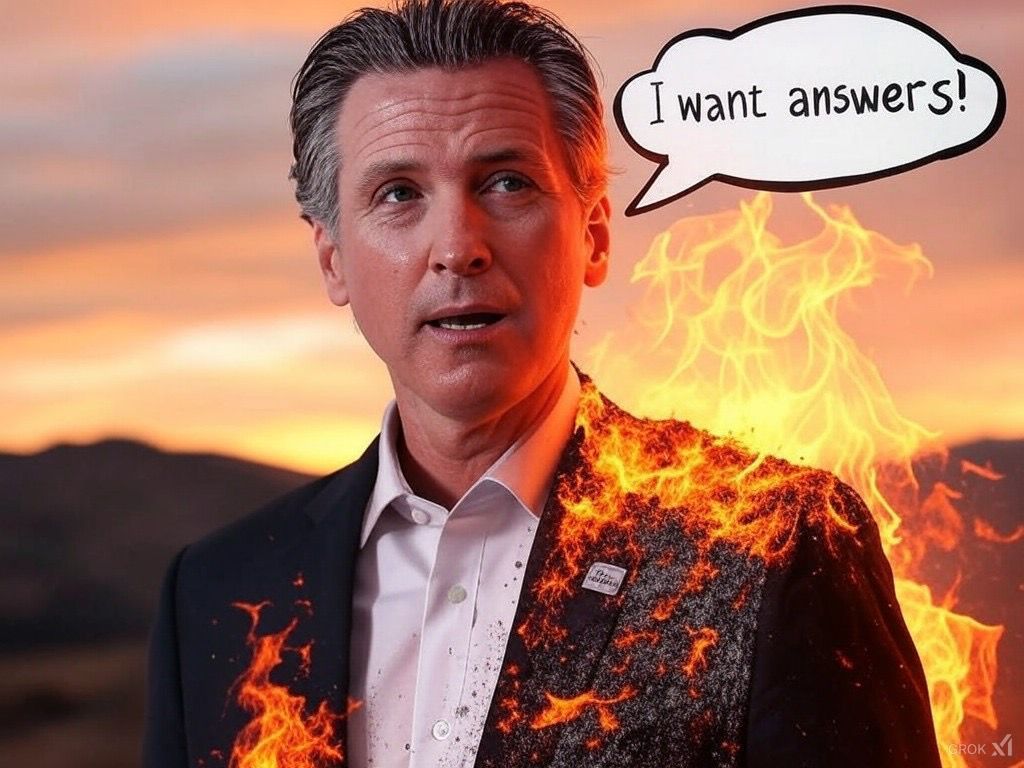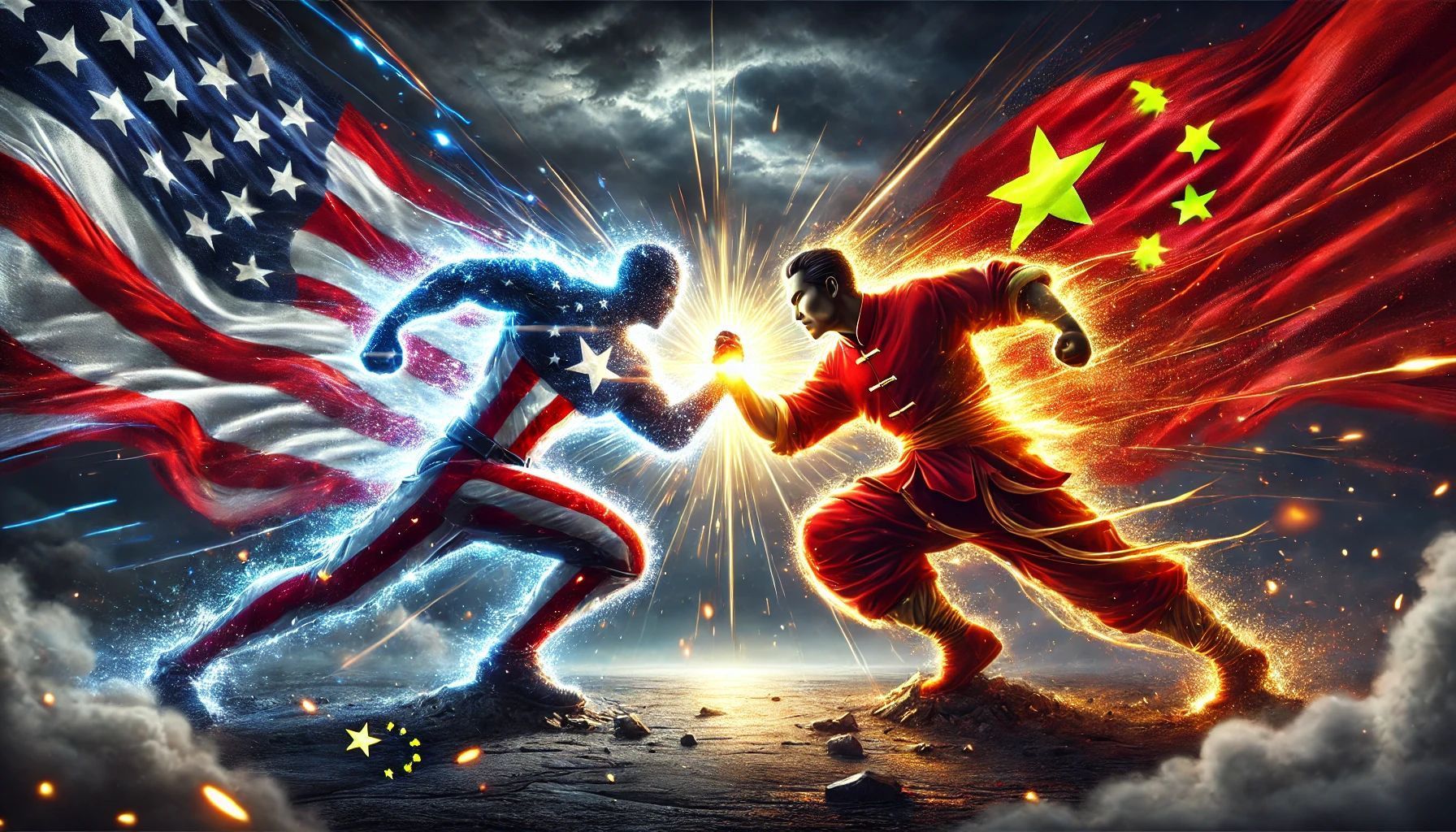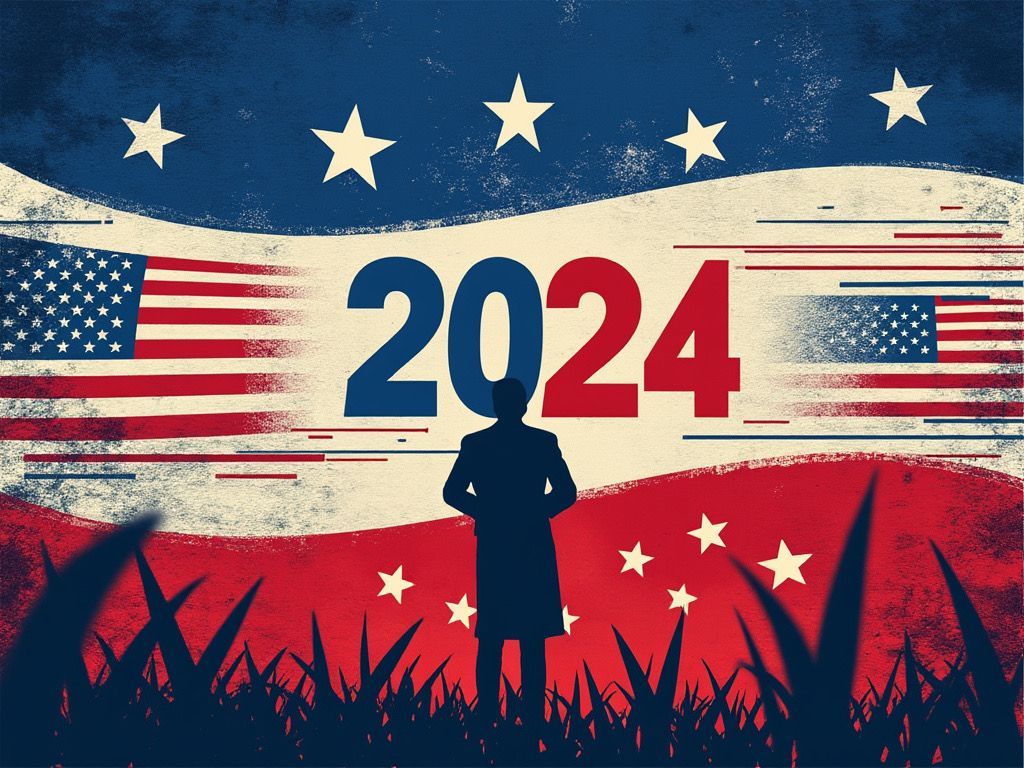The Double-Edged Sword of Political Entertainment Culture and Its Impact in the 2024 U.S Elections.
Vice President Kamala Harris lost the 2024 general election to now-47th President-Elect Donald J. Trump, marking a pivotal moment that underscores the influence of America’s growing political entertainment culture. Despite enjoying significant support from Hollywood elites—as we discussed in a previous article—Harris suffered a resounding defeat to President Trump, who won both the popular vote and a landslide in the electoral college.
While it is undeniable that a political entertainment culture exists in the United States, it cannot serve as a candidate’s sole strategy. Harris’s campaign, rich in celebrity endorsements, with a budget exceeding one billion dollars, and “progressive-woke” rhetoric, lacked the substantive policy depth that could have resonated with everyday voters. This disconnect ultimately placed her on the losing side.
Throughout the campaign, Harris and her team appeared somewhat detached from the American working class, making cultural assumptions that missed the mark with many voters. For instance, issues such as pronoun preferences or terms like “Latinx”—which is largely unendorsed by the Latino community—were given disproportionate focus. In contrast, voters prioritized concrete, daily concerns. Harris’s campaign was heavily shaped by the so-called “woke” agenda. Yet, the Democratic Party underestimated its limited appeal, resonating mainly with a minority of technocrats or academics, often white and urban. This left the real-life concerns of many Americans out of Vice President Harris’s campaign narrative.
Politics in the U.S. has increasingly taken on the characteristics of entertainment, where the line between news and satire blurs, and public engagement hinges on humor, memes, and viral content. This shift has benefits, making politics more accessible to those who might otherwise disengage. However, it also introduces risks, especially in how it shapes perceptions of candidates, creating spiraling lies and the so-called fake news. One key drawback is the oversimplification of complex issues, creating echo chambers where people only consume like-minded political content.
In this era of political performance, voters crave authenticity or, at the very least, the perception of it. In this respect, Trump held two significant advantages: he has been a television personality for decades, with a longstanding public image dating back to well before his first presidency. In contrast, Harris was primarily known as Biden’s vice president and devoted much of her campaign to reshaping Trump’s image rather than presenting her vision—a costly misstep, as her platform seemed largely centered around the “woke agenda” rather than a concrete plan.
Unfortunately, the entertainment-driven political culture is here to stay. Yet, American voters in this election favored a candidate who could communicate his plan and connection with them to govern. President Trump, undoubtedly a master of this arena, leveraged his flair for grabbing headlines and shaping political discourse to his advantage. Both candidates tapped into this feature of U.S. politics, but it cannot be the only card on the table—as it was for Harris.
Harris’s team overestimated the reach of political entertainment and failed to connect with voters in rural areas and among hardworking people focused on real, day-to-day issues. This misjudgment partly explains her poor electoral outcome.
Kamala Harris’s loss in the 2024 election cannot be solely attributed to the influence of political entertainment culture, but it undoubtedly played a role. In today’s landscape, a candidate needs more than ever to showcase policies and personal accomplishments; candidates must navigate and harness the entertainment aspect of politics without losing their grasp on genuine governance.
As we look ahead, the political arena must strive to find a balance where entertainment engages without deceiving, and where satire complements rather than replaces substantive discourse. Until then, candidates must learn to wield this double-edged sword with caution or risk being cut by its blade!
Luis Ángel Montenegro Padilla








